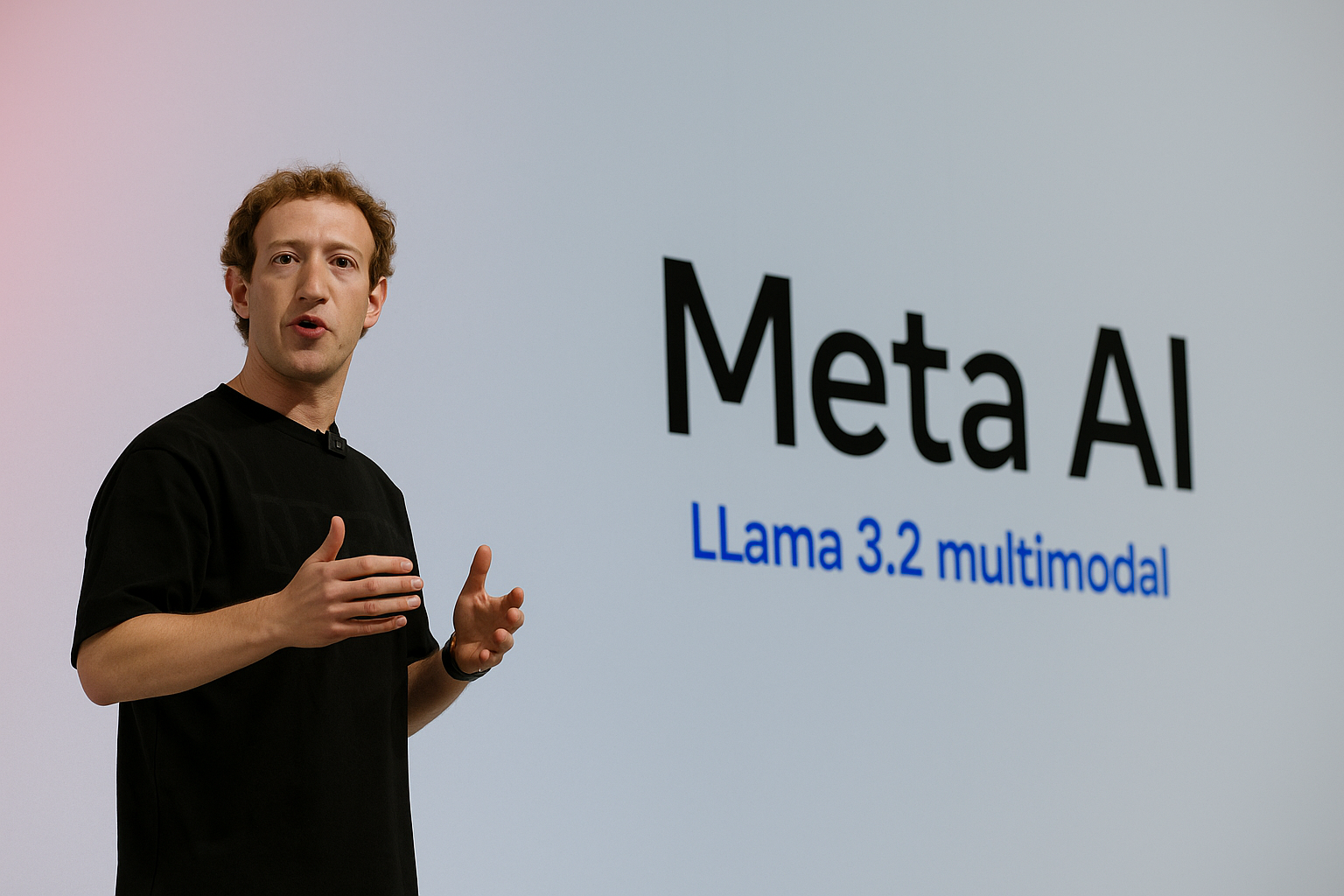In recent years, Meta’s AI lab is stacked with Chinese talent drawing attention back home, sparking conversations across academic political, and tech circles. While the influx of Chinese researchers in global tech companies isn’t a new phenomenon, Meta’s heavy reliance on Chinese AI experts has become particularly noteworthy especially as artificial intelligence emerges as the battleground for global influence.
Global AI Race: China and the West Intertwined
The global AI race has transformed into a complex web where collaboration competition, and national interests intersect. Meta’s AI lab is stacked with Chinese talent, drawing attention back home, highlighting both the opportunities and tensions this creates. Chinese researchers have long been sought after for their expertise often graduating from prestigious institutions such as Tsinghua University, Peking University, or the Chinese Academy of Sciences before heading to top tier companies like Meta, Google, or OpenAI.
For Meta, their AI research division known as Meta AI has been quietly building one of the most formidable teams in the world. Industry insiders estimate that a significant portion of their core AI researchers, particularly in areas like large language models (LLMs), computer vision, and generative AI come from Chinese academic or professional backgrounds.
The Numbers Speak: Chinese Talent Driving Meta’s AI Ambitions
According to open source data and LinkedIn profiles, a growing number of key AI scientists at Meta trace their roots back to China. While exact statistics are hard to pin down, experts suggest that nearly 25% to 30% of Meta’s AI research team holds Chinese nationality or was educated in China.
This isn’t purely coincidental. China’s robust STEM education system, coupled with a strong culture of scientific research, has been producing world class AI talent at an unprecedented rate. As a result, companies like Meta have actively recruited from this talent pool to fuel their aggressive AI strategies.
Why Meta’s AI Lab is Stacked with Chinese Talent, Drawing Attention Back Home
The fact that Meta’s AI lab is stacked with Chinese talent, drawing attention back home is triggering both admiration and concern within China. On the one hand, there’s a sense of pride that Chinese minds are shaping the future of artificial intelligence on a global stage. On the other, there’s frustration that much of this talent contributes to American tech giants rather than Chinese innovation at home.
Chinese state media and academic circles have increasingly debated the so called “brain drain” phenomenon. While China has made substantial progress in AI many of its brightest minds prefer the resources, freedom, and global exposure offered by Silicon Valley. For companies like Meta, this represents a competitive edge but it also fuels geopolitical anxieties.
National Security and AI: The Political Undertones
The fact that Meta’s AI lab is stacked with Chinese talent, drawing attention back home cannot be separated from broader concerns over AI and national security. Both the U.S. and China have declared artificial intelligence a “strategic technology” essential not only for economic growth but also for military and security applications.
U.S lawmakers have expressed unease over the possibility of Chinese nationals working on sensitive AI projects that could have dual-use implications. Conversely, Chinese authorities worry that their best talent is strengthening the AI capabilities of Western firms, which may eventually translate into technological advantages that weaken China’s global standing.
This delicate balancing act reflects the complex nature of AI development it’s a global effort, yet one deeply entrenched in national interests.
The Human Stories Behind the Headlines
Amid geopolitical debates, it’s important to remember that behind the headlines, real human stories unfold. Many Chinese researchers at Meta are simply driven by their passion for science and technology. For them, joining Meta represents an opportunity to work with the brightest minds access cutting edge infrastructure, and contribute to projects that could change the world.
For instance, some are working on AI models that improve accessibility tools for people with disabilities, others contribute to language models that bridge global communication gaps. Despite the controversy, their motivations are often rooted in a desire for personal and professional growth not politics.
The Future of AI Talent: Cooperation or Fragmentation?
As Meta’s AI lab is stacked with Chinese talent, drawing attention back home, the broader question remains. Will the AI industry continue as a global collaborative space, or will rising tensions force a fragmentation of talent and research?
There are already signs of both. On one hand, Chinese and Western researchers frequently collaborate on academic papers and open source projects. On the other, export restrictions, visa barriers, and tech sanctions threaten to isolate national AI ecosystems.
For Meta, retaining top Chinese AI talent is both a strategic advantage and a diplomatic challenge. The company must navigate complex immigration policies, public scrutiny, and regulatory risks all while staying ahead in the AI race.
Navigating a New Era of AI and Global Talent
The reality that Meta’s AI lab is stacked with Chinese talent, drawing attention back home encapsulates the broader dynamics at play in the AI revolution. It reflects how talent, innovation, and geopolitics are more intertwined than ever before.
As the world watches Meta’s AI breakthroughs whether in conversational AI, virtual reality, or advanced robotics it’s clear that the contributions of Chinese researchers are indispensable. Yet, this also means that the intersection of AI, national pride, and global competition will only grow more complicated in the years to come.
Ultimately!!! the future of AI may depend less on national boundaries and more on the ability to foster trust, cooperation, and ethical development before competition overshadows the collective potential of human ingenuity.
